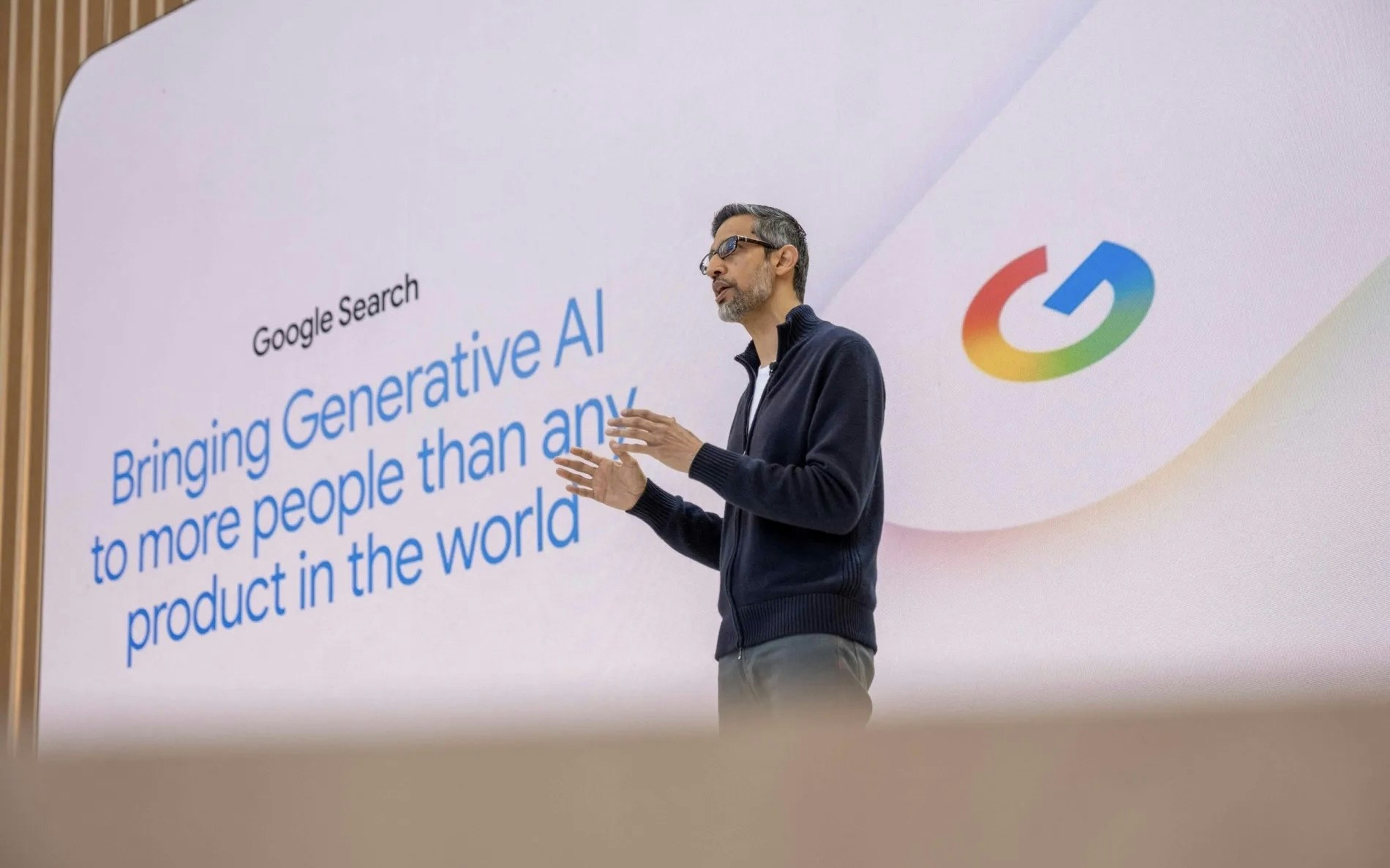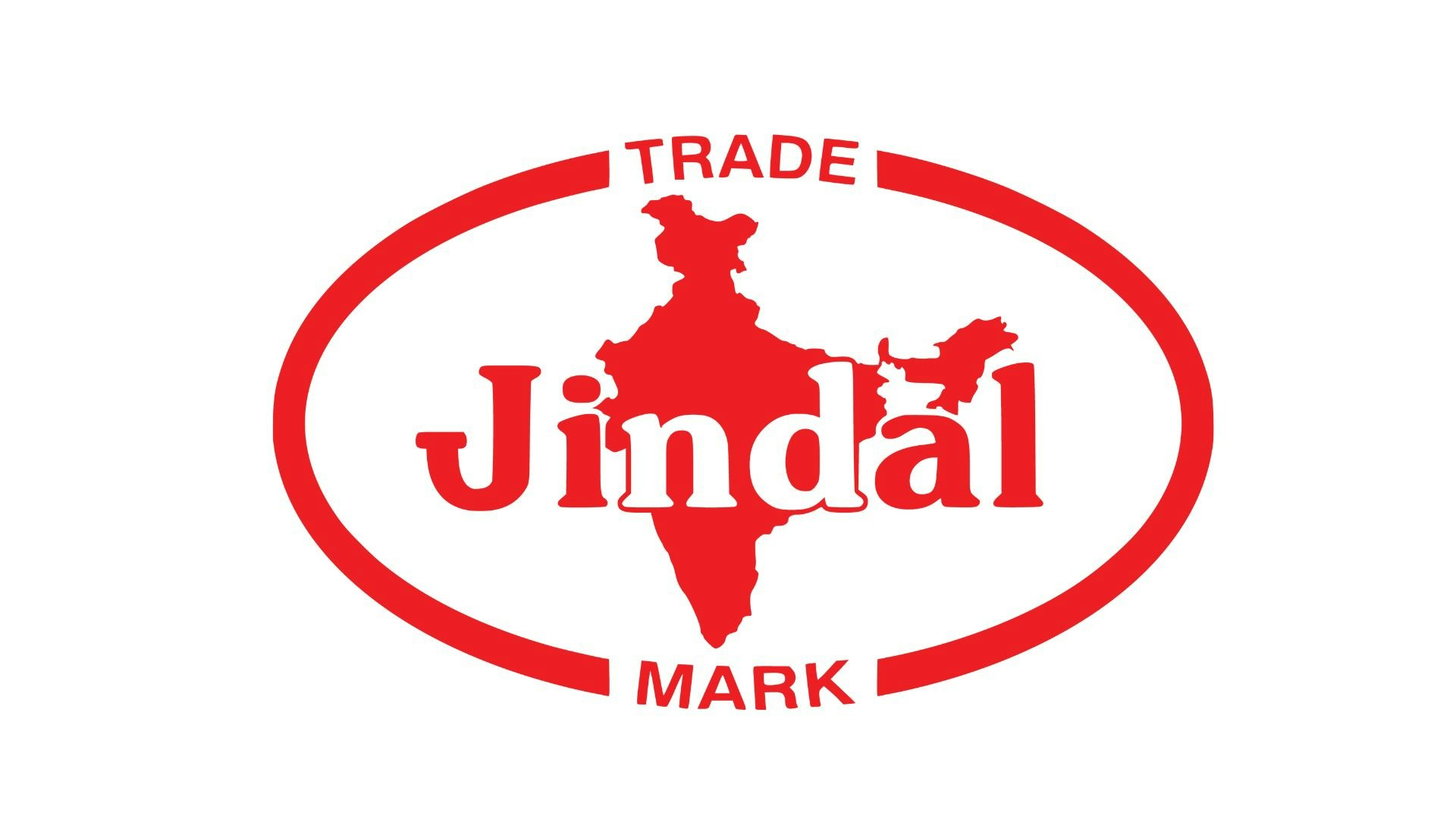Technology
Google's new AI search divides publishing world and corporation – Dispute over content escalates
Google's AI-powered search is diverting readers and advertising revenue from media houses – publishers are now calling for regulatory intervention.

The introduction of the new AI Mode for Google Search has left a deep rift in the US media landscape. The News/Media Alliance, representing major US publishers like the New York Times, Hearst, and Condé Nast, accuses Google of systematically expropriating content. "Google simply takes content by force and uses it without compensation – that is theft," criticized association head Danielle Coffey. The Alliance demands that the US Department of Justice intervene in ongoing antitrust proceedings against Google.
The core of the conflict lies in the new search approach: Google's AI Mode replaces traditional result lists with comprehensive answer reports. These are based on information distilled from various publicly accessible sources – without publishers being able to have a say in their use. An internal document, made public in a US antitrust case, reveals that Google deliberately does not ask publishers for permission. Those who do not want to appear in the AI output must completely withdraw from the search.
The consequence: Users receive their answers directly on the search results page – the motivation to click on linked original sources decreases. While Google talks about higher quality clicks, the company refuses to provide information on the actual click-through rate. At the same time, clicks from the AI mode are apparently technically masked – their origin is not traceable.
Liz Reid, responsible for search business at Google, defended the practice: The AI relies on a "core of sources" from which it generates its responses. Differentiated opt-outs for individual functions are technically too complex. Sundar Pichai also remained vague at the I/O developer conference: We see "great value" in the diversity of perspectives on the web, but the CEO failed to make clear commitments to content producers.
Google hopes to position the new technology as an opportunity for smaller providers. However, industry representatives mainly see a threat to their revenue models, which have been based on reach and visibility in Google search for years. The AI mode could undermine these cornerstones - and trigger a new wave of regulatory disputes.






